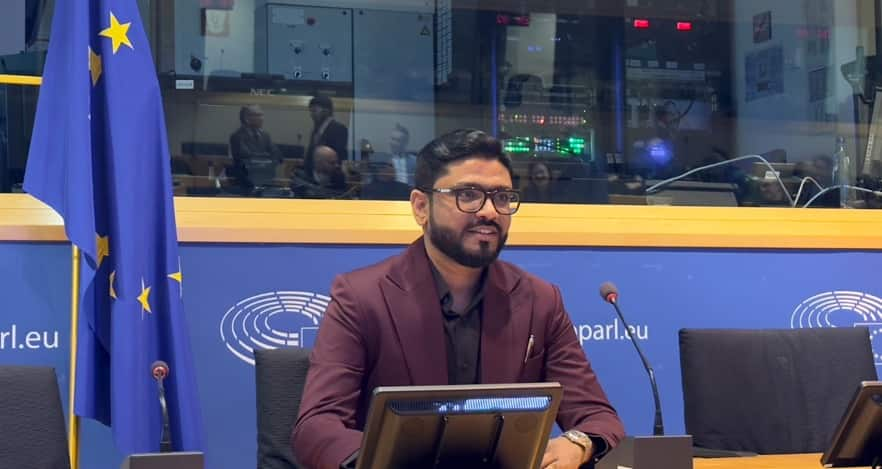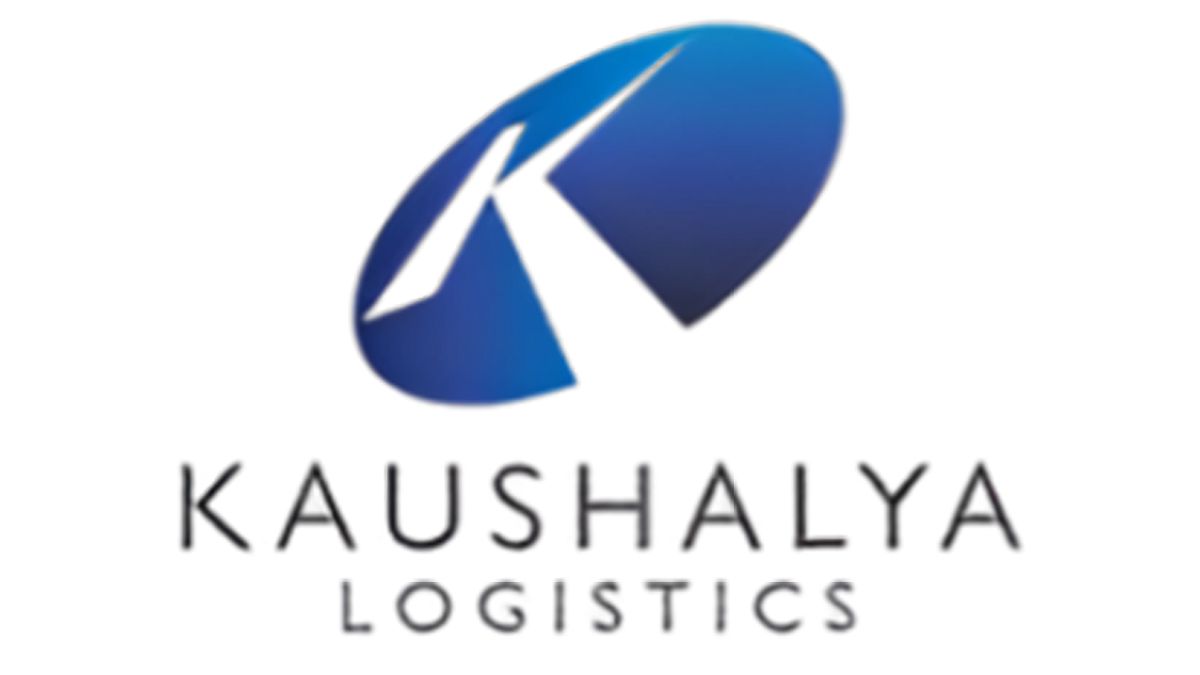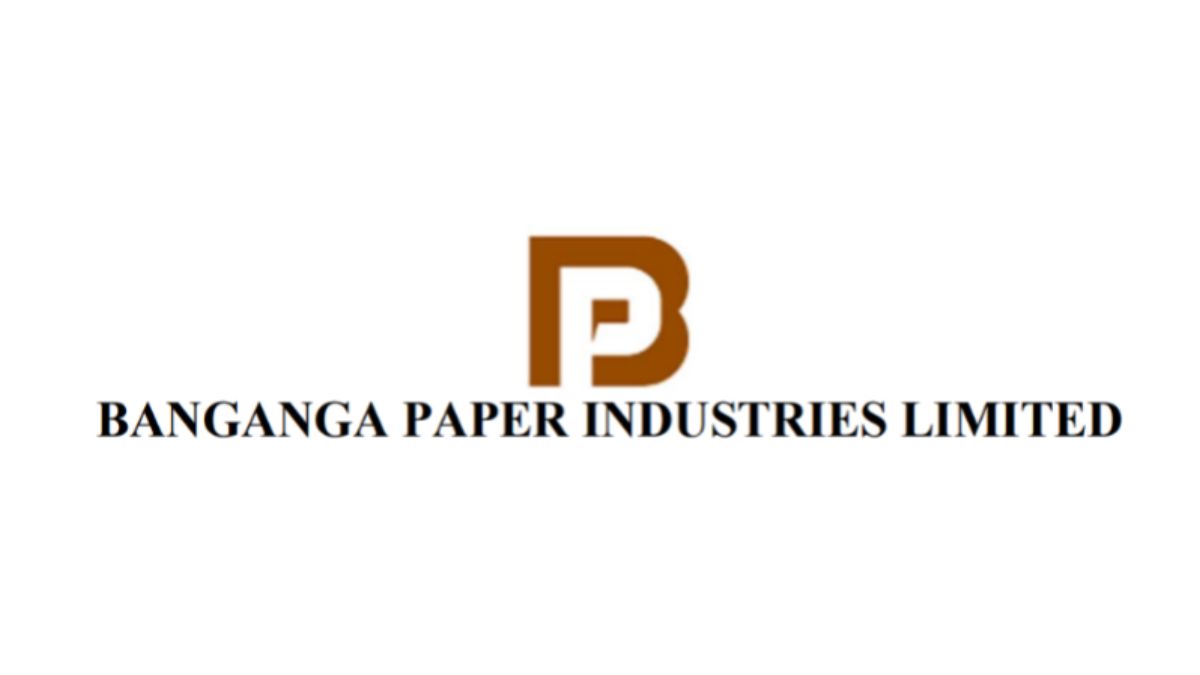EU India Leaders Conference 2024: Advocate Harsh Patel Provides Insight for EU Companies Eyeing Indian Market | Internet & Social Media News

Brussels: In the hallowed halls of the European Parliament, Advocate & CA Harsh Patel, the esteemed Founder and Global CEO of Water and Shark, delivered a seminar on penetrating the Indian market for European Union (EU) companies. His insights, shared at the EU India Leaders Conference 2024, unveiled the labyrinth of opportunities and challenges awaiting those eyeing India’s bustling economic landscape.
Patel, a titan in international corporate law and taxation, illuminated the path forward for EU enterprises, highlighting the critical legal and regulatory considerations pivotal for a successful foray into India. Central to his discourse was the indispensable need for EU companies to acquaint themselves with the regulatory bedrock of India, notably the Department for Promotion of Industrial and Internal Trade (DPIT) and the Reserve Bank of India (RBI). These guardians of economic oversight wield considerable influence over investments and foreign exchange management, underscoring the imperative for stringent compliance by foreign entities seeking to navigate Indian shores.
Furthermore, Patel underscored the paramount importance of conducting exhaustive market research and due diligence. He articulated the intricate dance between legal compliance and strategic business acumen, emphasizing the need for meticulous alignment of fiscal policies with local laws to circumvent potential pitfalls. Patel’s sage counsel reverberated with a clarion call for EU companies to tread cautiously, armed with a deep understanding of India’s regulatory framework, ensuring a seamless transition into the market.
The burgeoning automotive sector emerged as a focal point in Patel’s narrative, with India poised as a beacon for green innovation. Initiatives such as the Production Linked Incentive (PLI) scheme and FAME phase-II beckon EU companies with promises of substantial subsidies, priming India as an alluring destination for sustainable technology ventures. Despite formidable challenges such as stringent emission standards and logistical intricacies, Patel’s optimism remained unshaken, buoyed by India’s competitive advantages including a skilled workforce, burgeoning infrastructure, and low labor costs.

Atul Tiwari is a seasoned journalist at Mumbai Times, specializing in city news, culture, and human-interest stories. With a knack for uncovering compelling narratives, Atul brings Mumbai’s vibrant spirit to life through his writing.





